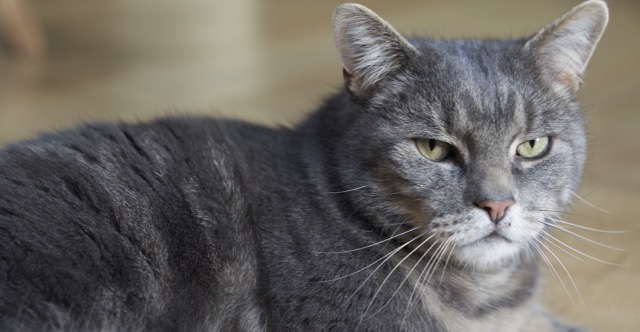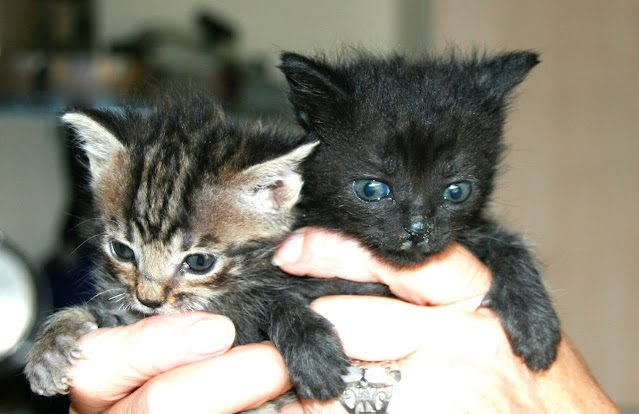Why sleep on the bed, when your human takes up so much room? There are three reasons
- The bed is large enough for both of you - just.
- Although they take up a lot of room, humans give out a lot of heat during the night. They make a good hot water bottle.
- It reminds them that we can sleep anywhere we choose and they will just have to get used to it.
And how do you manage that great lump of humanity during the night?
Here are my tips for a good night's sleep.
- Start modestly. Put yourself in a position where the human thinks there is enough room.....
- Only when they are asleep, move into the most comfortable position.
- Edge them slowly out of the way. Slow and steady is the correct way to do it and if you do it this way it is remarkable what you can achieve.
- Resist the temptation to throw them off the bed completely. They will wake up and might take action against you. Keep them from falling off - just.






